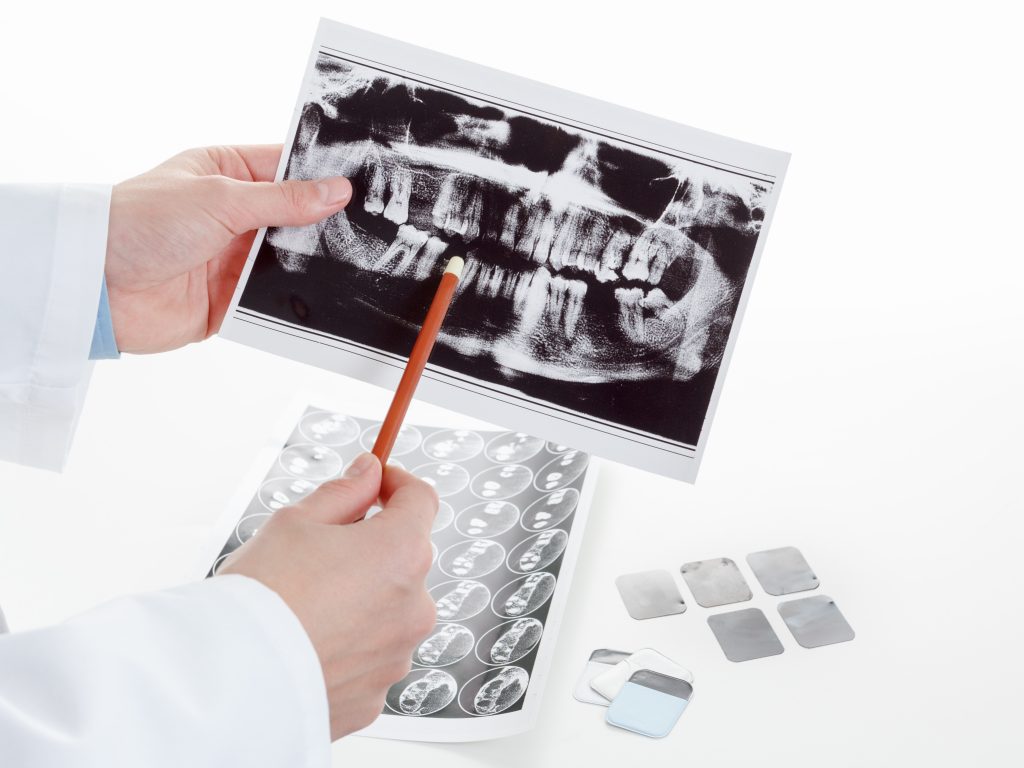Dental implants are a versatile treatment for tooth loss. Regardless of the cause of tooth loss – whether it is tooth decay, gum disease, physical trauma, a failed root canal or illness – dental implants could be the right option for you. If you live in Herefordshire, then you can receive this treatment at Warrendale Dental, where dental implants have been placed successfully for over a decade.
Is Everyone A Suitable Candidate For Dental Implants?
There are only a few cases for which dental implants are not advised and these usually involve the risk of complications. Rare bone disorders, heart disease, respiratory disease, or uncontrolled diabetes could all reduce the likelihood of successful dental implant treatment. Significant bone loss in the jaw could also be an issue, which would require a bone graft before dental implant treatment can proceed.
If you are in particularly poor health, such that dental surgery may be too risky, your dentist will consult with your GP to confirm your suitability for dental implants.
Are Dental Implants Right For Me?
If you have lost one, several or all of your natural teeth and are in good general and dental health, dental implants could work for you. However if you have gum disease or tooth decay, you will need to get treatment to rehabilitate your mouth first. This will all help ensure that your dental implant treatment is a success. If all of these criteria are met, dental implants are successful in up 97 percent of cases.
The Benefits Of Dental Implants
Dental implants are created to look just like a natural tooth or set of teeth. They are also rooted directly into the jawbone, as your natural teeth are, which enables them to maintain a similar bite strength and tooth function.
With implants, you can also enjoy all your favorite foods without discomfort and without the worry of breaking your new teeth or having them slip out of place. They have the potential to last a lifetime if you ensure you maintain good oral health, look after your new teeth properly and keep up with your regular dental check-ups.

